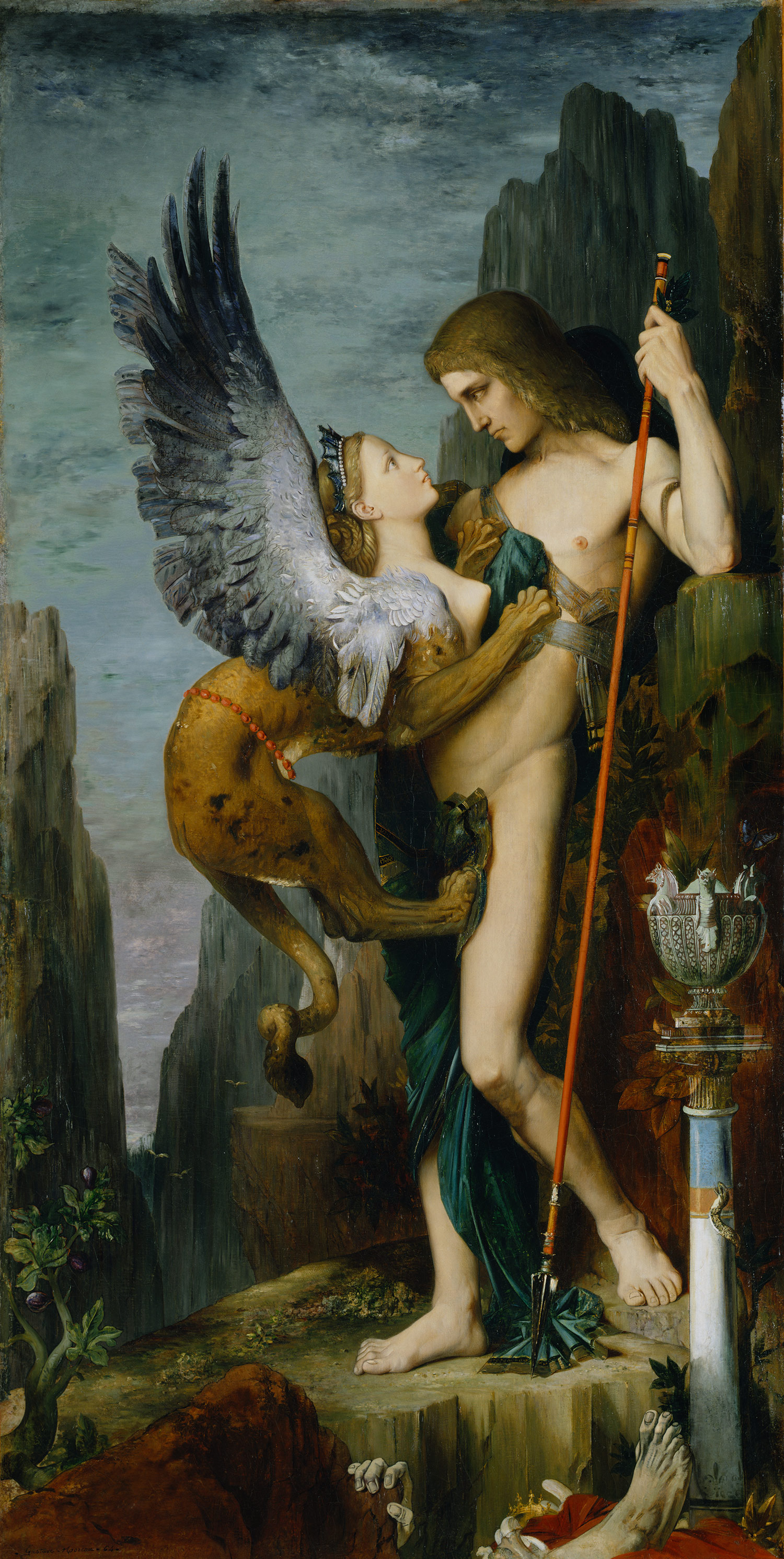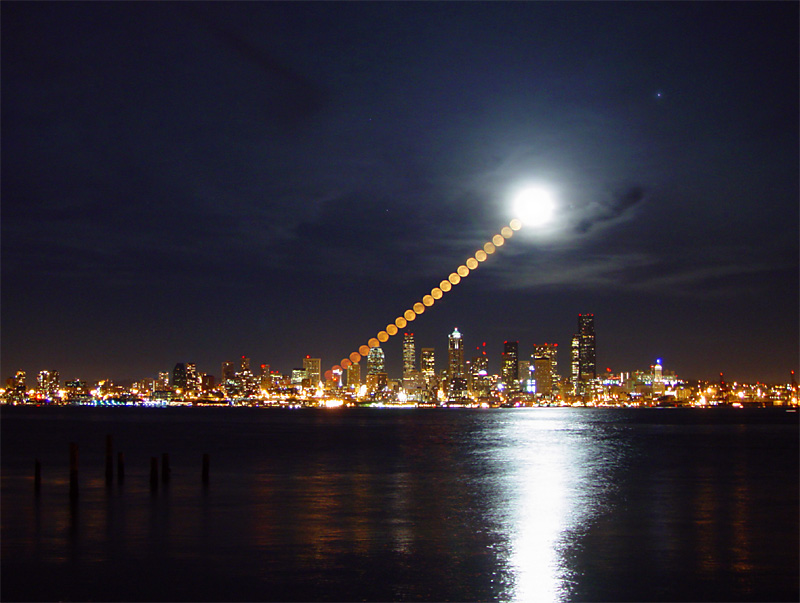Coincidentally, the protagonist of
Zeroville, the last book I read, was obsessed with making a film based on
Là-Bas, which was written by Joris-Karl Huysmans, the author of the next book in my to-read stack
Against Nature (A Rebours).
Against Nature was published in 1884 and caused a major stir in the literary community for its break with
Naturalism, glorifying of
Decadence, general blasphemy and controversial explosion/expansion of the scope of a novel.
 Haven't we all known guys like this?
Haven't we all known guys like this?Huysman's
fin de siècle novel has only one character, virtually no narrative storyline, and exists primarily to catalogue the scathing musings of its misanthropic protagonist, the solipsistic and effete aesthete Des Esseintes, who is a barely-fictionalized version of Huysmans himself.
In other words
Against Nature is Huysman's blog, his forum for hating on the unworthy and loving on his faves and generally saying "look at how clever I am!" Fortunately for Huysmans, he was an enormously talented (and tormented, and viciously funny) writer and
Against Nature holds up as a mammoth treatise on life, misery and the pursuit of the unattainable. Any fan of Oscar Wilde's
The Picture of Dorian Gray should read
Against Nature, the "poisonous French novel" that sends Dorian down the path of debauchery and madness.
One final note, this book is the
inspiration for Steely Dan's 2000 album
Two Against Nature, and I imagine any Dan fans who've read up about the personal lives of Mssrs Becker and Fagan and/or listened closely to their lyrics will agree it's an inspired choice.
From the Introduction by Patrick McGuinness
p xvi "Perhaps the belief that there was nothing new was itself a necessary prelude to creating the new."
p xxxiii "How could a novel so ending-obsessed, plotless and gridlocked by description be seen as liberating? In certain respects, it was a version of Flaubert's dream of a book 'about nothing'."
- perhaps Jerry and Larry were fans of Against Nature
too?
From Against Nature
p21
higgledy-piggledy|ˈhigəldē ˈpigəldē|
adverb & adjective
in confusion or disorder : [as adv. ] bits of paper hanging higgledy-piggledy on the furniture and walls | [as adj. ] a higgledy-piggledy mountain of newspapers.
ORIGIN late 16th cent.: rhyming jingle, probably with reference to the irregular herding together of pigs.
p22 "Nature, he used to say, has had her day; she has finally and utterly exhausted the patience of sensitive observers by the revolting uniformity of her landscapes and skyscapes."
 Don't get Des Esseintes started on Gustave Moreau...
Don't get Des Esseintes started on Gustave Moreau...p28
caesura |siˈ zh oŏrə; -ˈzoŏrə|
noun
(in Greek and Latin verse) a break between words within a metrical foot.
• (in modern verse) a pause near the middle of a line.
• any interruption or break : an unaccountable caesura: no deaths were reported in the newspapers.
ORIGIN mid 16th cent.: from Latin, from caes- ‘cut, hewn,’ from the verb caedere.
prosody |ˈpräsədē|
noun
the patterns of rhythm and sound used in poetry : the translator is not obliged to reproduce the prosody of the original.
• the theory or study of these patterns, or the rules governing them.
• the patterns of stress and intonation in a language : the salience of prosody in child language acquisition | early English prosodies.
p56
aquarelle |ˌäkwəˈrel; ˌak-|
noun
a style of painting using thin, typically transparent, watercolors.
• a painting in such a style.
ORIGIN mid 19th cent.: from French, from Italian acquarella ‘watercolor,’ diminutive of acqua, from Latin aqua ‘water.’
p75
casuist |ˈka zh oōist|
noun
a person who uses clever but unsound reasoning, esp. in relation to moral questions; a sophist.
• a person who resolves moral problems by the application of theoretical rules to particular instances.
p76 "For several days in succession, his brain was a seething mass of paradoxes and sophisms, a tangle of split hairs, a maze of rules as complicated as the clauses of law, open to every conceivable interpretation and every kind of quibble, and leading up to a system of celestial jurisprudence of positively baroque subtlety."
 an illustration by Arthur Zaidenberg from the 1931 Illustrated Editions issue of A Rebours
an illustration by Arthur Zaidenberg from the 1931 Illustrated Editions issue of A Reboursp94 "... and it is of course true that, just as the loveliest melody in the world becomes unbearably vulgar once the public start humming it and the barrel-organs playing it, so the work of art that appeals to charlatans, endears itself to fools, and is not content ti arouse the enthusiasm of a few connoisseurs, is thereby polluted in the eyes of the initiate and becomes commonplace, almost repulsive."
p110
ritornel/ritornello |ˌritərˈnelō|
noun ( pl. -nellos or -nelli |-ˈnelē|) Music
a short instrumental refrain or interlude in a vocal work.
• a recurring tutti section in a concerto.
ORIGIN Italian, diminutive of ritorno ‘return.’
p118 "Once again, he told himself, the solitude he had longed for so ardently and finally obtained had resulted in appalling unhappiness, while the silence which he had once regarded as well-merited compensation for the nonsense he had listened to for years now weighed unbearably upon him."
p125
trencherwoman/trencherman |ˈtren ch ərmən|
noun ( pl. -men) [usu. with adj. ] humorous
a person who eats in a specified manner, typically heartily :
he is a hearty trencherman, as befits a man of his girth.
p141
panegyrist/panegyrize |ˈpanəjəˌrīz|
verb [ trans. ] archaic
speak or write in praise of; eulogize.
p145
purblind |ˈpərˌblīnd|
adjective
having impaired or defective vision.
• figurative slow or unable to understand; dim-witted.
p161 "Yet, the staff of a tavern were every bit as stupid and mercenary, as base and depraved, as the staff of a brothel. Like the latter, they drank without being thirsty, laughed without being amused, drooled over the caresses of the filthiest workman and went for each other hammer and tongs at the slightest provocation."
- I hereby promise to try and start working "go at it hammer and tongs" into conversation
p170
sudorific |ˌsoōdəˈrifik| Medicine
adjective
relating to or causing sweating.
noun
a drug that induces sweating.
ORIGIN early 17th cent.: from modern Latin sudorificus, from Latin sudor ‘sweat.’
p183
hieratic |ˌhī(ə)ˈratik|
adjective
of or concerning priests : he raised both his arms in an outlandish hieratic gesture.
• of or in the ancient Egyptian writing of abridged hieroglyphics used by priests. Compare with demotic .
• of or concerning Egyptian or Greek styles of art adhering to early methods as laid down by religious tradition.
p193 Des Esseintes, while fantasizing about never eating again while receiving all of his nourishment in the form of "peptone enemas", mutters:
"What an absolute release from the boredom that invariably results from the necessarily limited choice of dishes! What a vigorous protest against the vile sin of gluttony! And last but not least, what a slap in the face of Mother Nature, whose monotonous demands would be permanently silenced!"
From Appendix IIp222
alembicated/alembic |əˈlembik|
noun
a distilling apparatus, now obsolete, consisting of a rounded, necked flask and a cap with a long beak for condensing and conveying the products to a receiver.
p223 (from Emile Goudeau's 1884 review of
Against Nature):
M. Huysmans, with a remarkable talent and stupefying erudition, has put together in his book Against Nature all the elements of human despair. He has solidly spat on every pleasure, and kept for himself the terrible joy of abolishing human joy. An unhealthy book, but artistically very beautiful, perfectly crafted and skillfully wrought.












